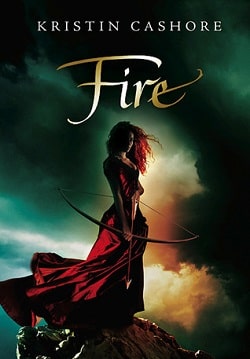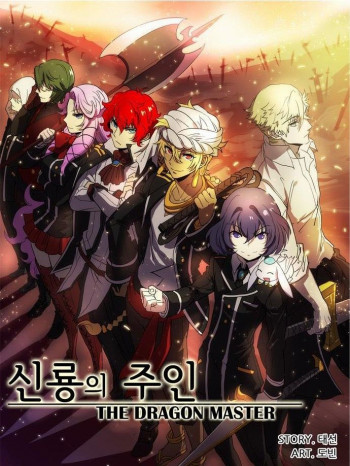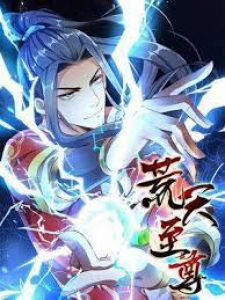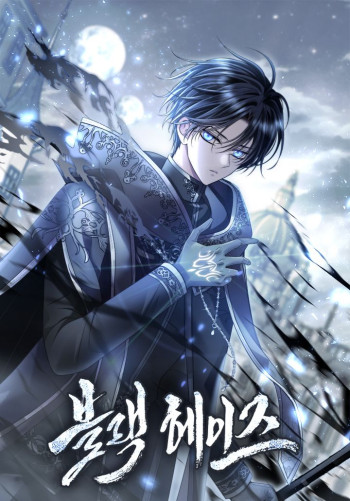Summary

Fire (Graceling Realm 2)
by Kristin Cashore
It is not a peaceful time in the Dells. The young King Nash clings to his throne while rebel lords in the north and south build armies to unseat him. The mountains and forests are filled with spies and thieves and lawless men.
This is where Fire lives. With a wild, irresistible appearance and hair the color of flame, Fire is the last remaining human monster. Equally hated and adored, she had the unique ability to control minds, but she guards her power, unwilling to steal the secrets of innocent people. Especially when she has so many of her own.
Then Prince Brigan comes to bring her to King City, The royal family needs her help to uncover the plot against the king. Far away from home, Fire begins to realize there's more to her power than she ever dreamed. Her power could save the kingdom.
If only she weren't afraid of becoming the monster her father was.
.
Read
Fire (Graceling Realm 2) on http://kissnovel.net
Martial Peak Reviews
In Fire, the second installment of Kristin Cashore's Graceling Realm series, readers are transported to the tumultuous world of the Dells, where political intrigue and personal struggle intertwine in a gripping narrative. Cashore’s ability to craft a rich, immersive world is on full display as she introduces us to Fire, a character who embodies both beauty and danger, and who must navigate the complexities of her identity and power amidst a backdrop of rebellion and unrest.
The novel opens with a vivid portrayal of the Dells, a land rife with conflict as young King Nash grapples with threats from rebel lords seeking to usurp his throne. This setting serves as a perfect stage for Fire, the last remaining human monster, whose striking appearance—hair the color of flame—mirrors the chaos surrounding her. Fire’s unique ability to control minds adds an intriguing layer to her character, as she is both feared and revered. Cashore deftly explores the duality of Fire’s existence; she is a figure of immense power yet deeply vulnerable, haunted by the legacy of her father, a monster in his own right.
One of the most compelling themes in Fire is the struggle for self-acceptance and the fear of becoming what one despises. Fire’s internal conflict is palpable as she grapples with her abilities and the potential for misuse. Her reluctance to wield her power stems from a profound moral compass; she is determined not to become like her father, who used his abilities for manipulation and destruction. This theme resonates deeply, inviting readers to reflect on the nature of power and the responsibilities that come with it. Cashore’s exploration of this theme is nuanced, as Fire learns that her power can also be a force for good, capable of saving lives and protecting those she loves.
The character development in Fire is masterfully executed. Fire evolves from a young woman burdened by her lineage into a formidable force in her own right. Her journey is marked by moments of self-discovery and empowerment, particularly in her interactions with Prince Brigan. Brigan serves as both a mentor and a companion, challenging Fire to confront her fears while also providing a sense of stability in the chaos of King City. Their relationship is beautifully crafted, filled with tension and mutual respect, and it becomes a catalyst for Fire’s growth. Cashore’s ability to create complex, multi-dimensional characters is one of the hallmarks of her writing, and Fire and Brigan’s dynamic is a testament to this skill.
Moreover, the supporting cast enriches the narrative, adding depth to the political landscape of the Dells. Characters such as King Nash and the rebel lords are not merely antagonists; they are fleshed-out individuals with their own motivations and desires. This complexity enhances the story, making the stakes feel real and immediate. Cashore’s world-building is meticulous, with a well-defined history and culture that informs the characters’ actions and beliefs. The Dells come alive through vivid descriptions and intricate details, immersing readers in a world that feels both fantastical and relatable.
The pacing of Fire is another strength of the novel. Cashore expertly balances moments of tension with quieter, introspective scenes that allow for character reflection and development. The plot unfolds with a sense of urgency as Fire and Brigan work to uncover the conspiracy against the king, but it is the quieter moments that truly resonate. These instances of vulnerability and introspection provide a counterbalance to the external conflicts, allowing readers to connect with Fire on a deeper level.
In terms of thematic parallels, Fire can be compared to other works in the fantasy genre that explore the complexities of power and identity. For instance, readers who enjoyed The Grisha Trilogy by Leigh Bardugo or The Queen of the Tearling by Erika Johansen will find familiar threads in Cashore’s narrative. Both series delve into the intricacies of power dynamics and the personal struggles of their protagonists, making them compelling companions to Fire. However, what sets Cashore apart is her focus on the psychological ramifications of power and the moral dilemmas faced by her characters, which adds a layer of depth that is often overlooked in similar narratives.
Overall, Fire is a captivating exploration of identity, power, and the choices that define us. Kristin Cashore’s lyrical prose and intricate world-building create a rich tapestry that draws readers in and keeps them engaged from start to finish. Fire’s journey is one of self-discovery and empowerment, and her struggle against the shadows of her past is both poignant and relatable. As she learns to embrace her abilities and confront her fears, readers are left with a powerful message about the importance of choice and the potential for redemption.
In conclusion, Fire is not just a tale of fantasy and adventure; it is a profound exploration of what it means to be human in the face of extraordinary circumstances. Kristin Cashore has crafted a story that is both entertaining and thought-provoking, making it a must-read for fans of the genre. Whether you are drawn to the political intrigue, the rich character development, or the exploration of moral dilemmas, Fire offers something for everyone.
























Reviews 0
Post a Reviews: